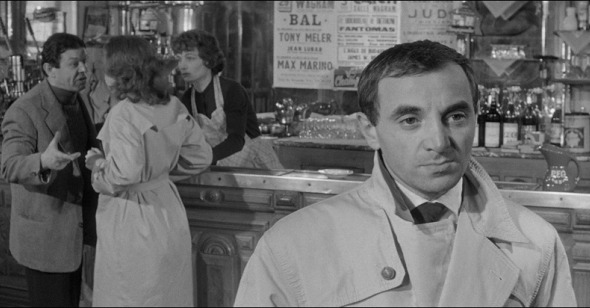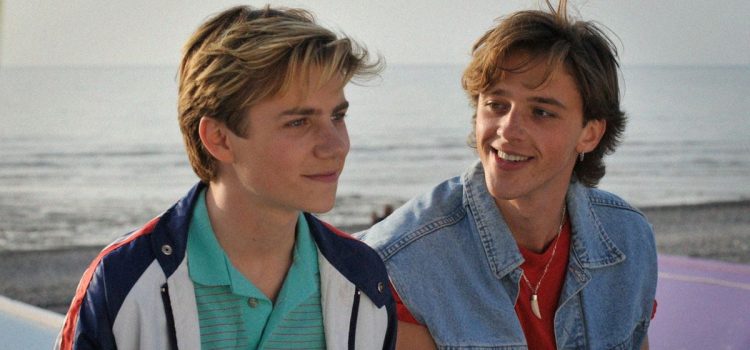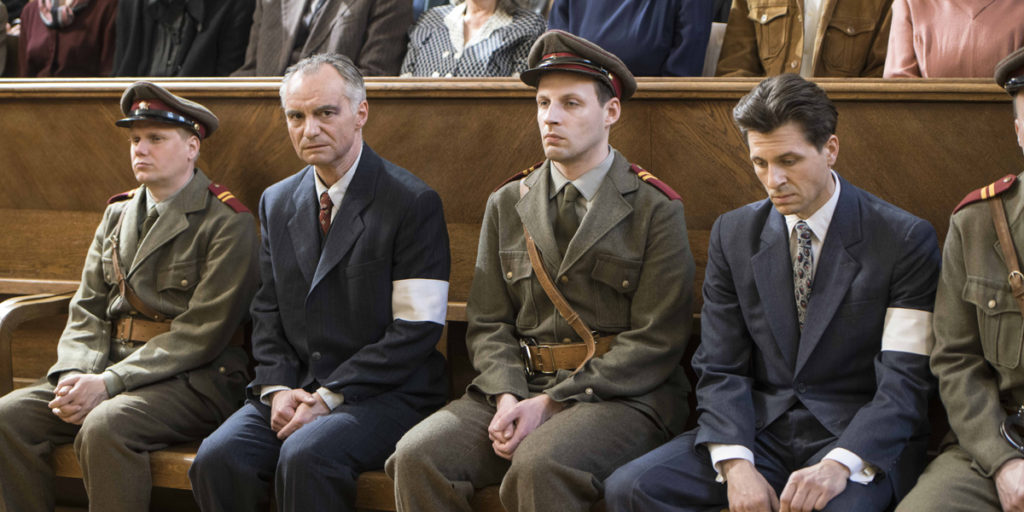Venue: Webster University’s Winifred Moore Auditorium in Webster Hall, 470 E. Lockwood Ave.
Tickets: Tickets are $15 for general admission; $12 for students and Cinema St. Louis members. Webster U. students are admitted free. Advance tickets can be purchased through the Cinema St. Louis website.
Passes: Two types of passes are available: Five-Film Passes are $65, $50 for CSL members; All-Access Passes are $120, and $95 for CSL members.
More Info: 314-200-5684, cinemastlouis.org
The 15th Annual Robert Classic French Film Festival — sponsored by Jane M. & Bruce P. Robert Charitable Foundation and co-presented by the Webster Film Series — celebrates St. Louis’ Gallic heritage and France’s cinematic legacy. This year’s featured films span the decades from the 1920s through the 1990s, offering a revealing overview of French cinema.
The fest annually includes significant restorations, and this year is no different, touting a brand-new restoration of Claire Denis’ “Chocolat,” which is the filmmaker’s debut feature. The fest also screens the seldom seen “Martin Roumagnac” in a new restoration, starring Marlene Dietrich and Jean Gabin in a riveting crime thriller.
Every program features introductions and discussions by film or French scholars and critics. All films are in French with English subtitles.
The Jane M. & Bruce P. Robert Charitable Foundation is the event’s title sponsor. This festival is co-presented by the Webster Film Series.
Free parking is available in the lots both in front of and behind Webster Hall; no permits are required on weekends.
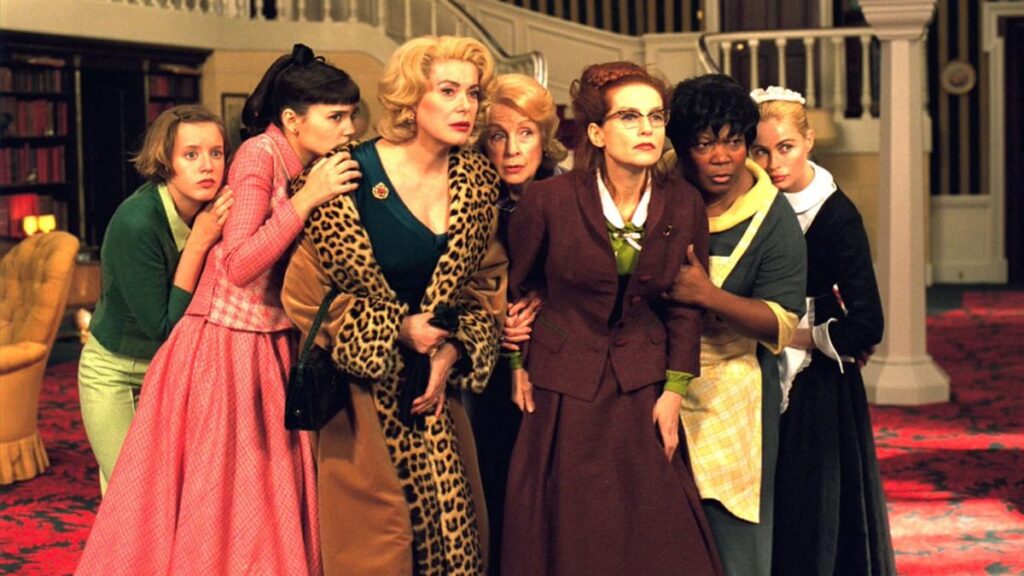
FILM SCHEDULE
For film synopses, see the CSL website
Friday, April 14, 7:30 PM
Pierrot le fou
Jean-Luc Godard, France, 1965, 110 min., color, French, DCP
Intro and discussion by Pete Timmermann, director of the Webster U. Film Series and adjunct professor of film studies at Webster U.
Sponsored by Jane M. and Bruce P. Robert Charitable Foundation
Saturday, April 15, 7:30 PM
Chocolat
Claire Denis, Cameroon/France, 1988, 105 min., color, restoration, DCP
Intro and discussion by Joshua Ray, film critic, and Co-Founder and Contributing Editor of The Take-Up.
Sunday, April 16, 7:30 PM
Martin Roumagnac
Georges Lacombe, France, 1946, 108 min., black & white, French, restoration, DCP
Intro and discussion by Robert Garrick, attorney and former contributor to the davekehr.com film blog.
Friday, April 21, 7:30 PM
8 Women
François Ozon, France/Italy, 2001, 103 min., color, French, 35mm
Intro and discussion by Diane Carson, professor emerita of film at St. Louis Community College at Meramec and film critic for KDHX (88.1 FM).
Saturday, April 22, 6:30 PM
Jeanne Dielman, 23 quai du Commerce, 1080 Bruxelles
Chantal Akerman, Belgium/France, 1975, 202 min., color, French, DCP
Intro and discussion by Jessica Pierce, St. Louis-based filmmaker.
Sunday, April 23, 7:30 PM
The Wing or the Thigh/L’aile ou la cuisse
Claude Zidi, France, 1976, 104 min., color, French, Blu ray
Intro and discussion by Salim Ayoub, the Jane M. and Bruce P. Robert Endowed Professor in French and Francophone Studies and director of the Centre Francophone at Webster University.
Friday, April 28, 7:30 PM
Le Magnifique
Philippe de Broca, France/Italy/Mexico, 1973, 95 min., color, French, DCP
Intro and discussion by Jean-Louis Pautrot, professor of French and in the Department of Languages, Literatures and Cultures at Saint Louis University.
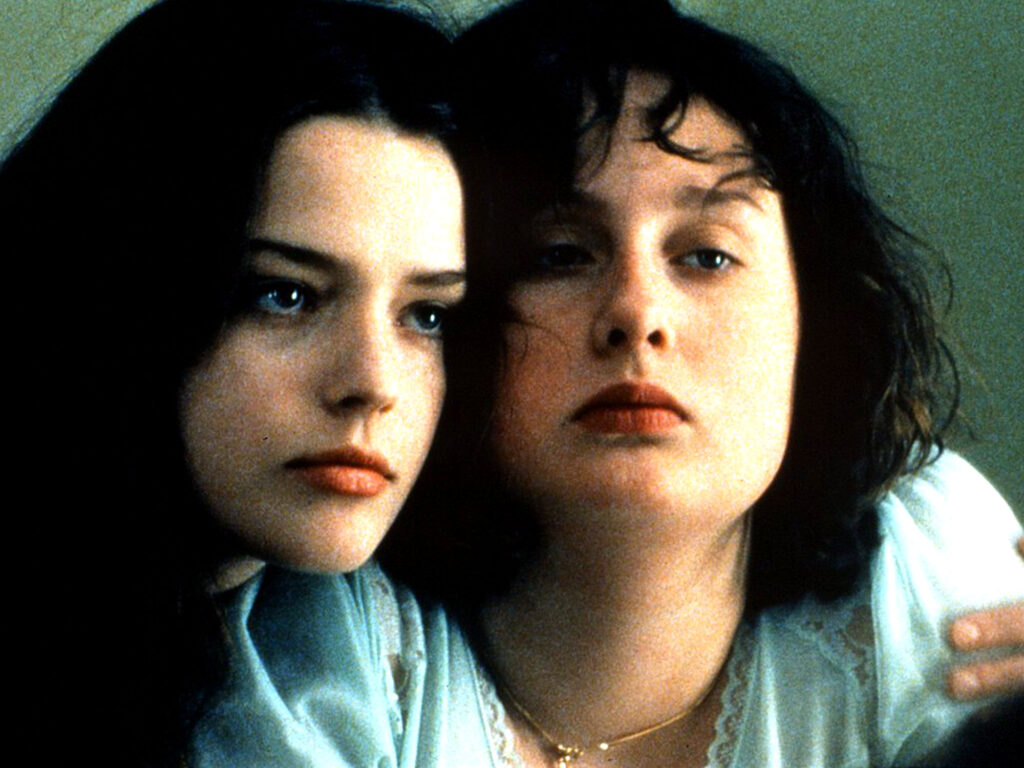
Saturday, April 29, 7:30 PM
Fat Girl
Catherine Breillat, France/Italy, 2001, 86 min., color, French, English & Italian, Blu ray
Intro and discussion by Andrew Wyatt, film critic and Managing Editor of The Take-Up.
Sunday, April 30, 7:30 PM
Shoot the Piano Player
François Truffaut, France, 1960, 81 min., black & white, French, Blu ray
Intro and discussion by Cliff Froehlich, former executive director of Cinema St. Louis and adjunct professor of film studies at Webster University.
Sponsored by Jane M. and Bruce P. Robert Charitable Foundation
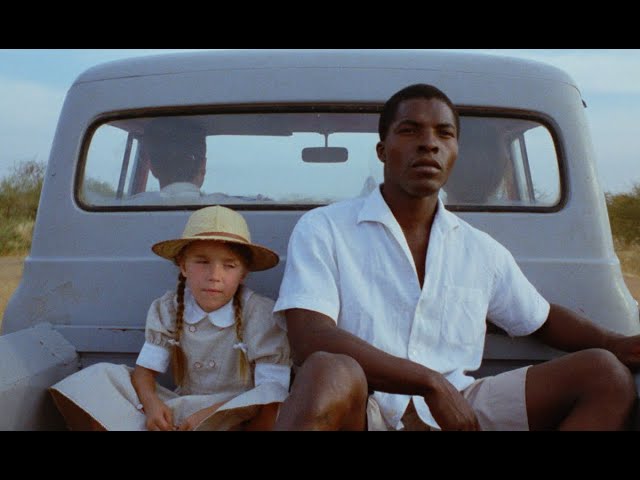

Lynn (Zipfel) Venhaus has had a continuous byline in St. Louis metro region publications since 1978. She writes features and news for Belleville News-Democrat and contributes to St. Louis magazine and other publications.
She is a Rotten Tomatoes-approved film critic, currently reviews films for Webster-Kirkwood Times and KTRS Radio, covers entertainment for PopLifeSTL.com and co-hosts podcast PopLifeSTL.com…Presents.
She is a member of Critics Choice Association, where she serves on the women’s and marketing committees; Alliance of Women Film Journalists; and on the board of the St. Louis Film Critics Association. She is a founding and board member of the St. Louis Theater Circle.
She is retired from teaching journalism/media as an adjunct college instructor.

